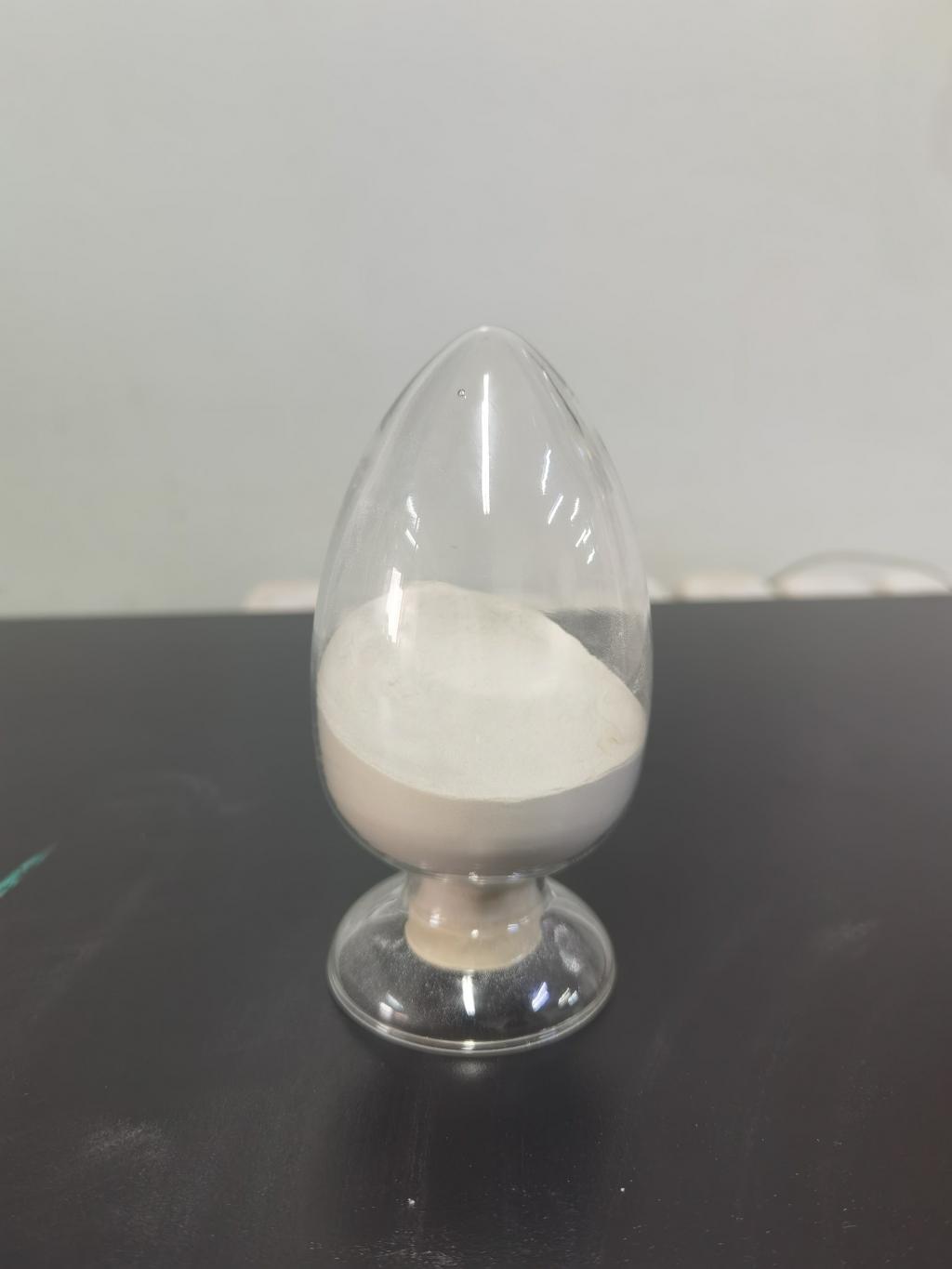Tel:+8618231198596

News
 CONTACT
CONTACT
 CONTACT
CONTACT
- Linkman:Linda Yao
- Tel: +8618231198596
- Email:linda.yao@dcpharma.cn
- Linkman:CHARLES.WANG
- Department:Overseas
- Tel: 0086 0311-85537378 0086 0311-85539701
News
Current Position:
Home >
News
>What are the potential side effects of consuming excessive amounts of Nisin?
What are the potential side effects of consuming excessive amounts of Nisin?
TIME:2023-03-20
Gastrointestinal Disturbances:
One of the most common side effects of consuming excessive amounts of nisin is gastrointestinal disturbances. This may include abdominal pain, bloating, diarrhea, and nausea. These symptoms can be mild or severe depending on the individual's sensitivity and the amount of nisin consumed.
Nisin has been shown to disrupt the balance of bacteria in the gut, which can lead to digestive problems. This is because nisin not only targets harmful bacteria but also beneficial bacteria. The reduction in beneficial bacteria can cause dysbiosis, which is associated with various gastrointestinal disorders.
Allergic Reactions:
Although rare, some individuals may experience an allergic reaction to nisin. Symptoms may include hives, itching, swelling of the face, tongue, and throat, and difficulty breathing. Anaphylaxis, a severe and potentially life-threatening allergic reaction, may occur in severe cases.
If you have a history of allergies or have experienced an allergic reaction to nisin, it is recommended to avoid products containing nisin.
Antibiotic Resistance:
Nisin has been shown to have broad-spectrum antimicrobial activity, making it an effective preservative. However, excessive use of nisin can lead to the development of antibiotic-resistant bacteria.
Bacteria may develop resistance to nisin by acquiring genes that allow them to modify the structure of their cell wall, making it less susceptible to nisin. This can lead to the development of superbugs that are resistant to multiple antibiotics, making it difficult to treat infections.
Neurotoxicity:
Nisin has been shown to have neurotoxic effects in animal studies. High doses of nisin can lead to damage to the nervous system, resulting in tremors, convulsions, and even death.
Although the neurotoxic effects of nisin in humans are not well understood, it is recommended to avoid excessive intake of nisin to prevent any potential harm.
Hormonal Imbalance:
Nisin has been shown to have an impact on hormone levels in animal studies. It has been shown to increase the production of cortisol, a stress hormone, and decrease the production of testosterone, a male sex hormone.
Although the effects of nisin on hormone levels in humans are not well understood, excessive intake may lead to hormonal imbalances, which can lead to a range of health problems.
Conclusion:
Nisin is generally considered safe for consumption in small amounts, and its use as a food preservative is approved by regulatory agencies worldwide. However, excessive intake of nisin may lead to adverse effects, including gastrointestinal disturbances, allergic reactions, antibiotic resistance, neurotoxicity, and hormonal imbalances.
It is important to consume nisin in moderation and avoid excessive intake to prevent any potential harm. If you experience any adverse reactions after consuming products containing nisin, it is recommended to consult a healthcare professional.
- Tel:+8618231198596
- Whatsapp:18231198596
- Chat With Skype







